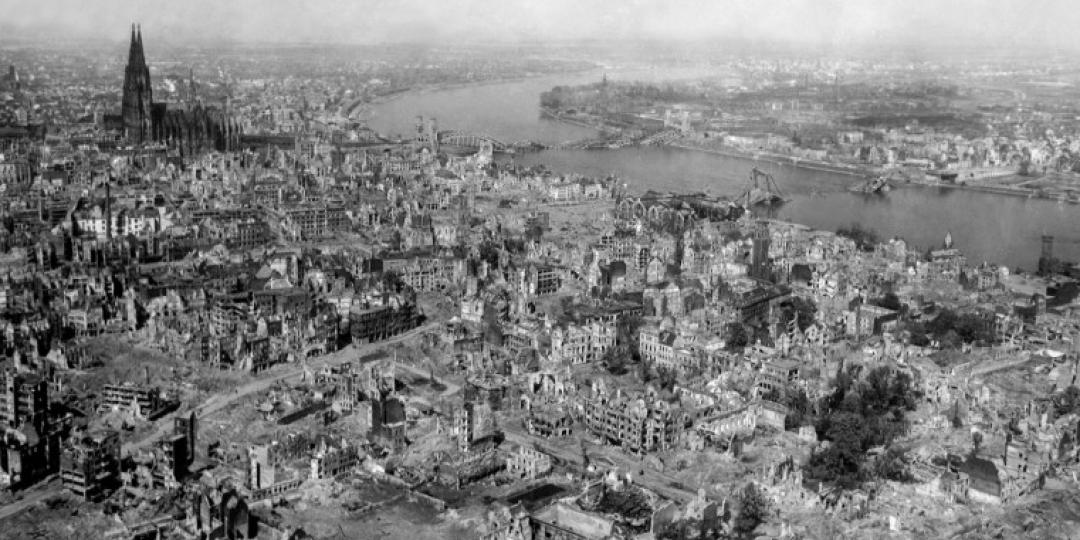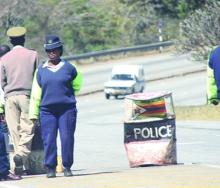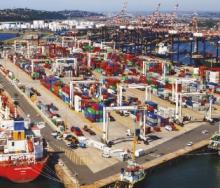Freight traffic along the River Rhine was brought to a standstill on Tuesday following the discovery of three unexploded World War II-era (WWII) bombs in the Deutz district of Cologne (Köln).
The bombs, dropped by American forces during the war, were found during routine construction work.
Reuters reported that the devices consisted of two 1 000-pound (450kg) bombs and one 500-pound (225kg) bomb – all equipped with sensitive impact fuses.
Their potential destructive force required the immediate evacuation of about 20 500 residents from the city centre, the largest such evacuation since Cologne was targeted by the US Air Force bombers because of its industrial role in Germany’s WWII war machine capability.
The evacuation zone extended to a radius of one kilometre and included two retirement homes, a hospital, nine schools, 58 hotels, several museums and the Messe/Deutz railway station.
As part of the operation, three Rhine bridges were closed and river shipping – a vital link for the transport of grain and industrial cargo – was suspended.
According to AP News, authorities halted river freight as a precaution until the area was declared safe, disrupting supply chain to and from several of Germany’s inland waterway ports – Duisburg, Mannheim and Cologne itself.
The Rhine is also used for freight to the Dutch and Belgian ports of Rotterdam and Antwerp.
Bomb disposal teams successfully defused the devices later the same day, allowing residents to return and normal transport operations to resume.
Although it’s been 80 years since WWII ended in 1945, Cologne and other German cities still frequently encounter unexploded ordinance.
"Such finds are always a stark reminder of the war’s lasting legacy," said a city spokesperson in comments reported by Deutsche Welle.
The operation concluded without injury or incident.













